How Depression Can Impact Romantic Relationships
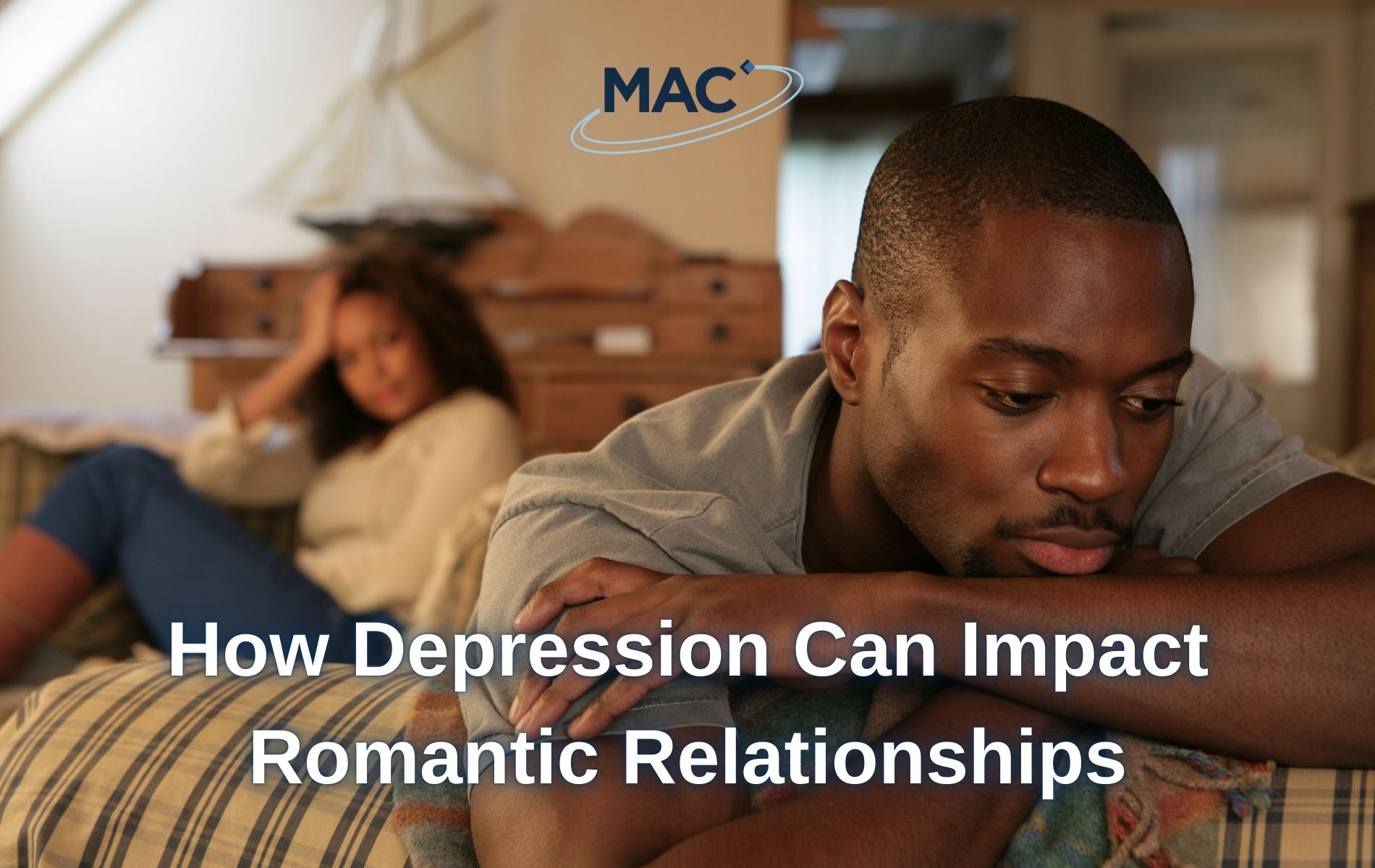
Valentine’s Day often brings images of happy couples, but for many, the day can feel different, especially when one partner is living with depression. Understanding how depression impacts romantic relationships can help couples navigate the difficult moments with more compassion and connection. Understanding Depression Depression is a mental health condition characterised by persistent sadness, lack […]
Lifestyle Factors That Could Help Prevent Dementia
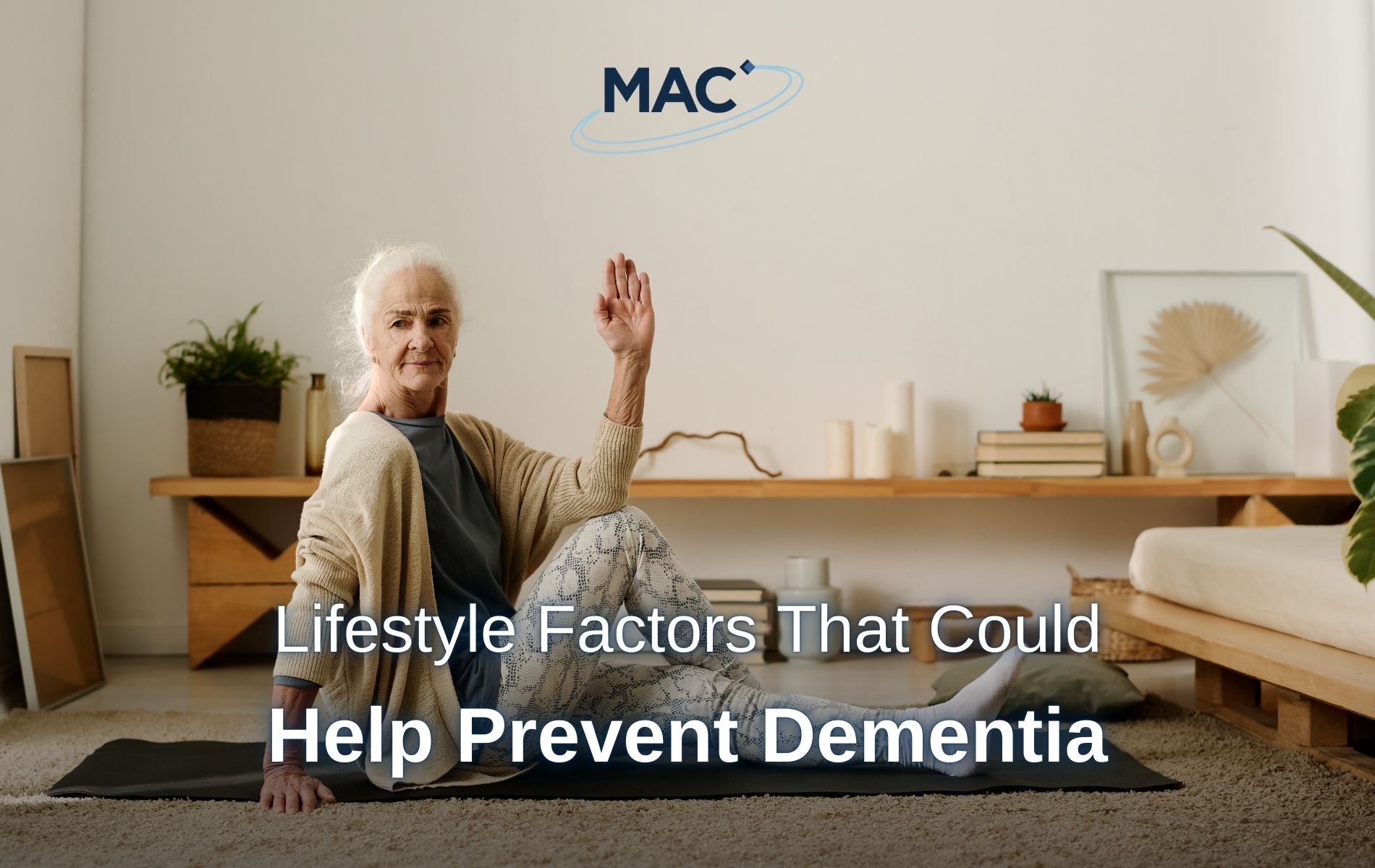
Dementia is not a probable part of ageing, but the risk of developing dementia does increase the older you get. There are also certain lifestyle and environmental factors that can increase the risk of developing the condition. Although there is no cure, early intervention can significantly slow down its progression. The 2024 Lancet report on […]
Race Against Dementia Day: The Importance of Memory Testing
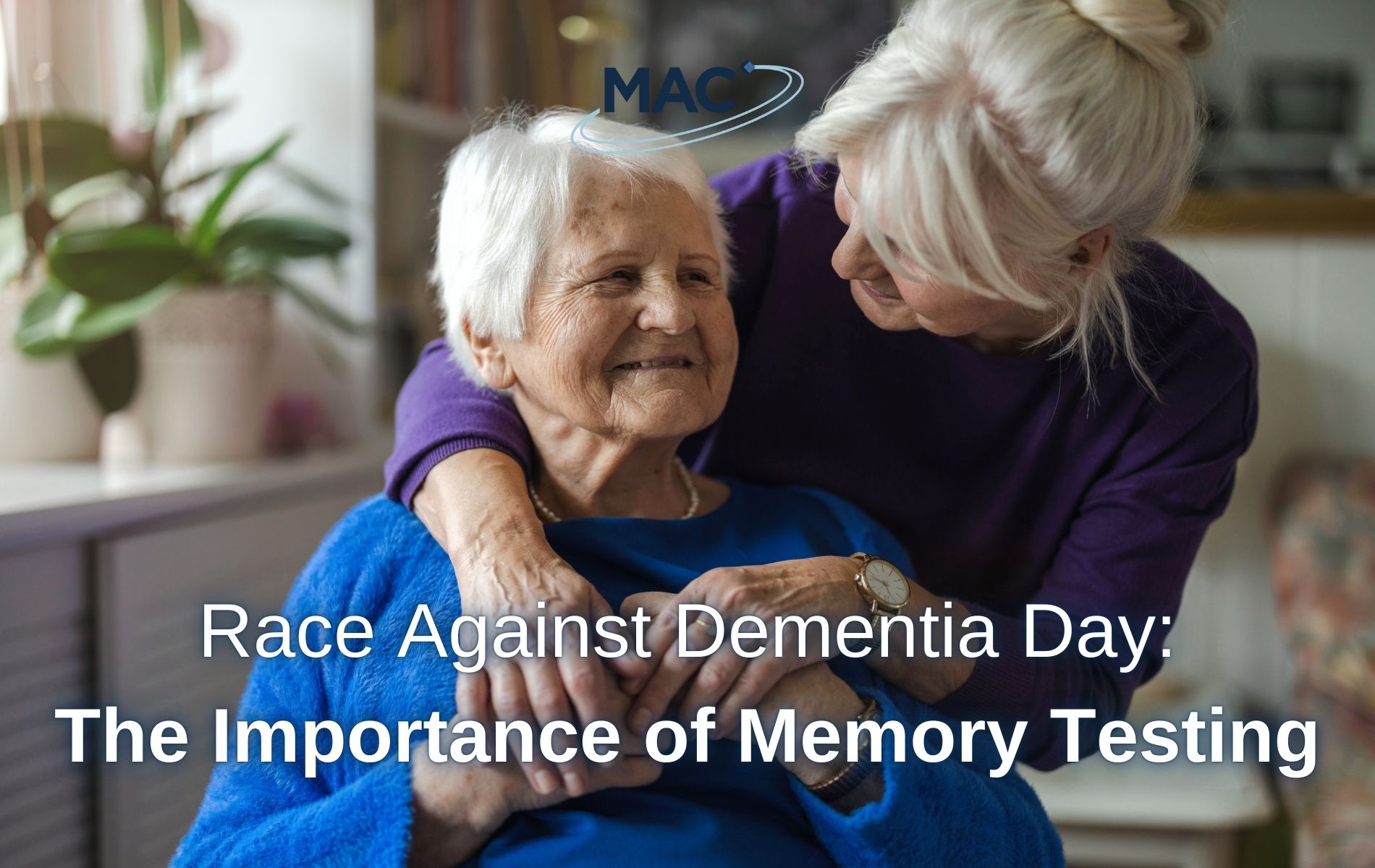
On the 21st of January every year, a global campaign is launched to raise funds and awareness for dementia research: The Race Against Dementia Day. The campaign was started by Sir Jackie Stewart on the birthday of his wife Lady Helen Stewart who was diagnosed with dementia. About Dementia In 2019, it was reported that […]
Looking for a New Year’s Resolution? Join a Clinical Trial!

Looking for something new to add to your New Year’s Resolutions for 2026? Look no further! Taking part in a paid clinical trial could be a great benefit to you and to countless people living with a variety of physical and mental health conditions around the world. What are Clinical Trials? Clinical trials are the […]
Exploring Anxiety in the Winter

The winter months are often associated with celebration and togetherness, but for some, they are a time of increased loneliness and anxiety. Around 45% of adults report feeling lonely in winter1 and nearly 60% say that their overall mood is worse2. Shorter days, limited sunlight, and increased pressure both financially and socially can affect mental […]
Tips for Enjoying Winter Walks with COPD
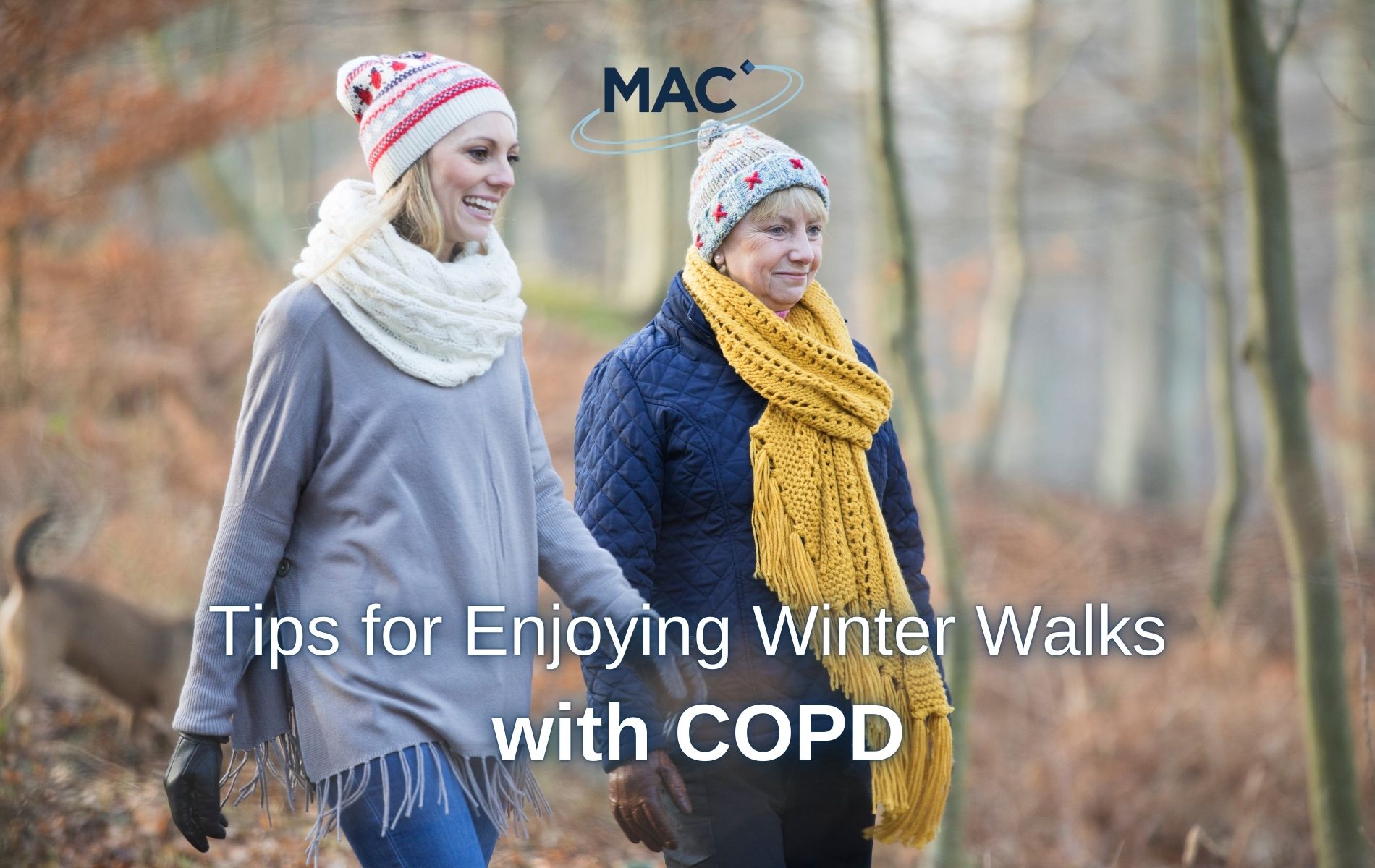
This week, we’re recognising The Festival of Winter Walks, a chance to enjoy the countryside and winter landscapes. While the allure of a brisk walk or a refreshing hike through snow-covered landscapes is appealing, for those living with lung diseases, such as Chronic Obstructive Pulmonary Disease (COPD), safety measures must be taken to avoid the […]
Disability History Month: The Impact of Hidden Disabilities
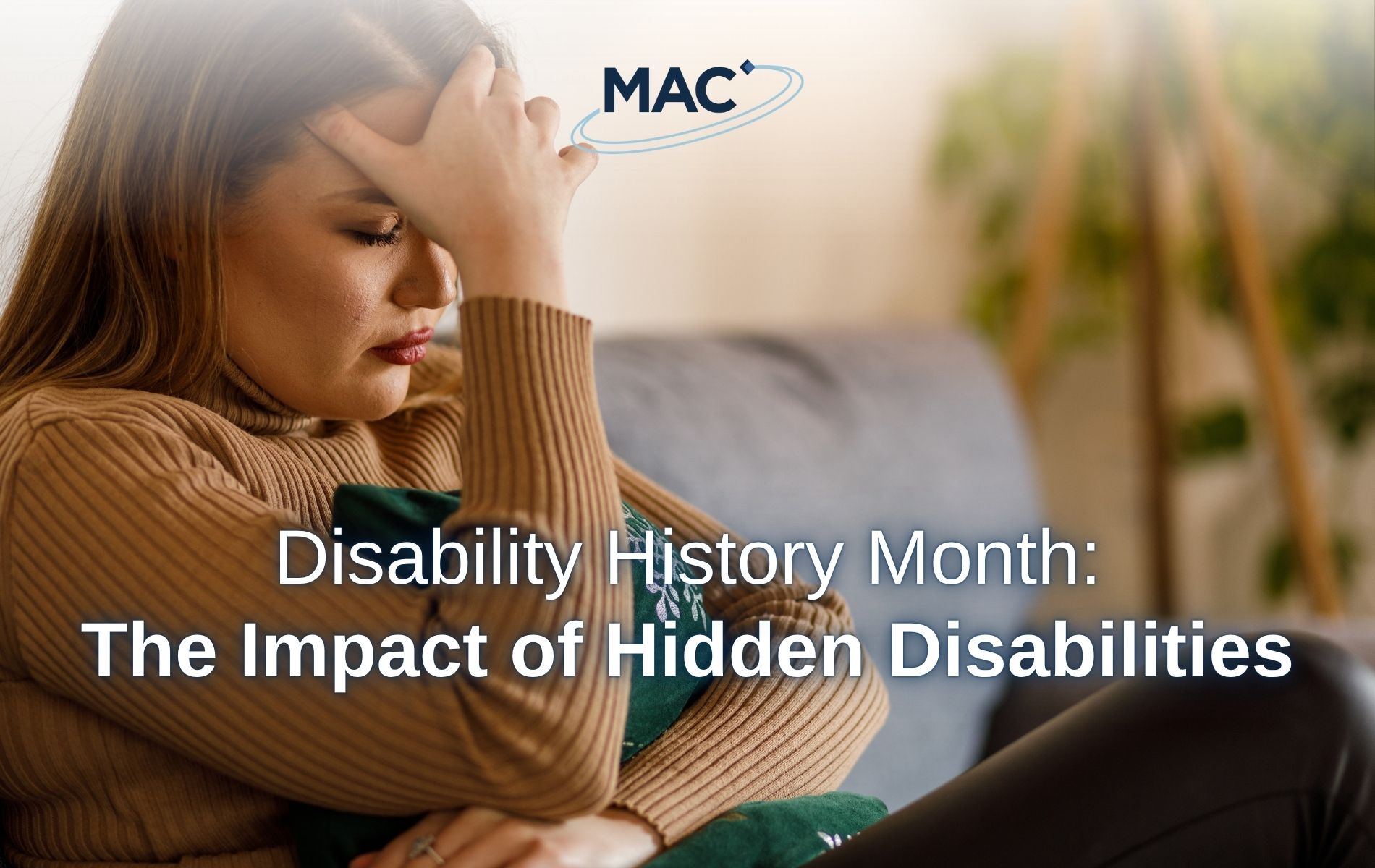
An estimated one in six people worldwide live with a disability, up to 80% of which are non-visible1. For Disability History Month, here at MAC, we’re exploring the impact of hidden disabilities. What is a hidden disability? A hidden (or non-visible) disability is a disability or health condition that significantly impacts a person’s life but […]
Caffeine and Depression: Is drinking coffee good for our mental health?
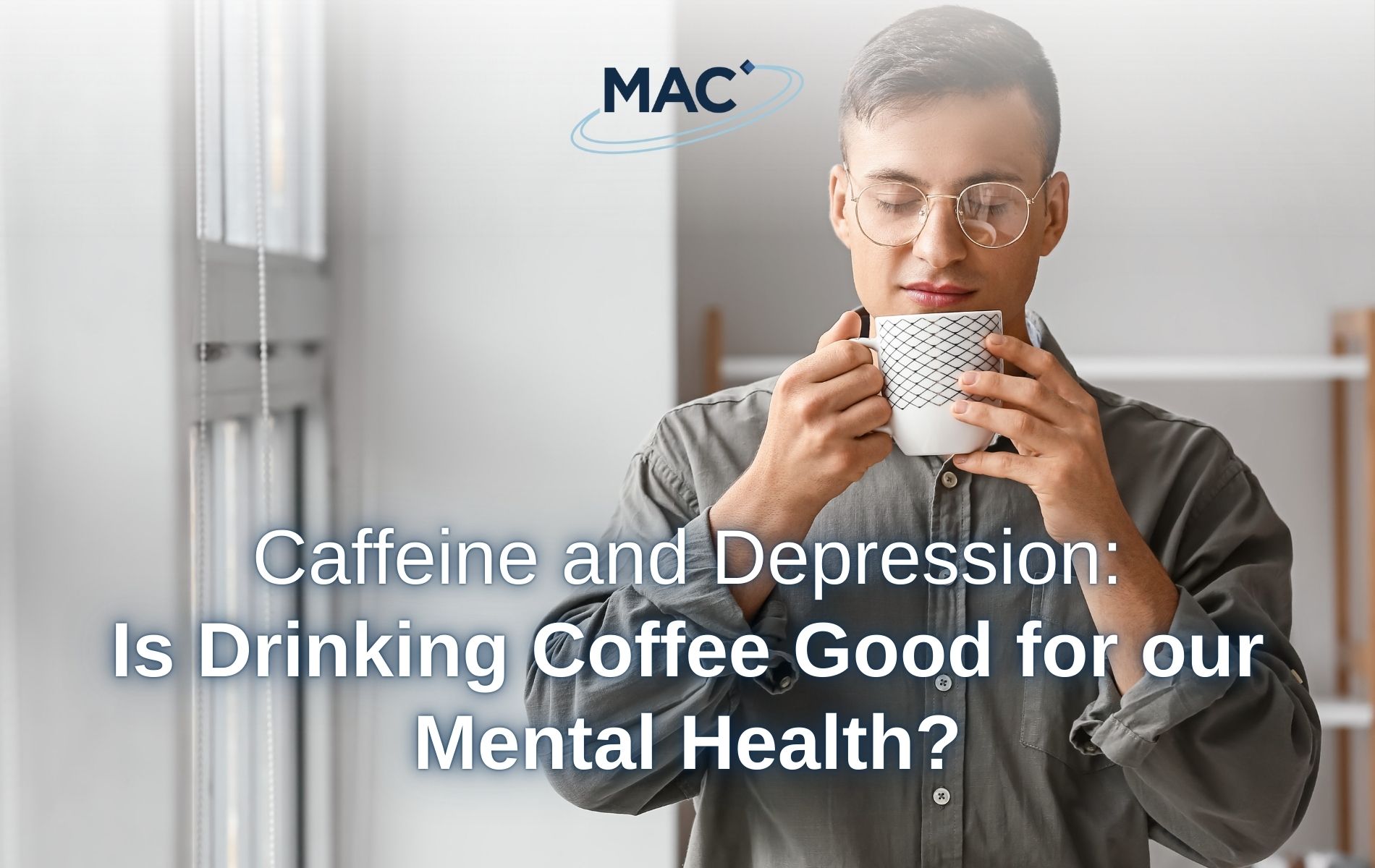
Caffeine is the world’s most popular psychoactive drug (a chemical substance that alters the functioning of the brain); it’s commonly consumed in forms such as coffee, tea, cocoa/chocolate, and soft drinks1. As a natural stimulant, the effects (both positive and negative) can include increased alertness, insomnia, anxiety2, and accelerating digestive processes3. The relationship between caffeine […]
Human Rights Day: Upholding Dignity and Equality in Clinical Research
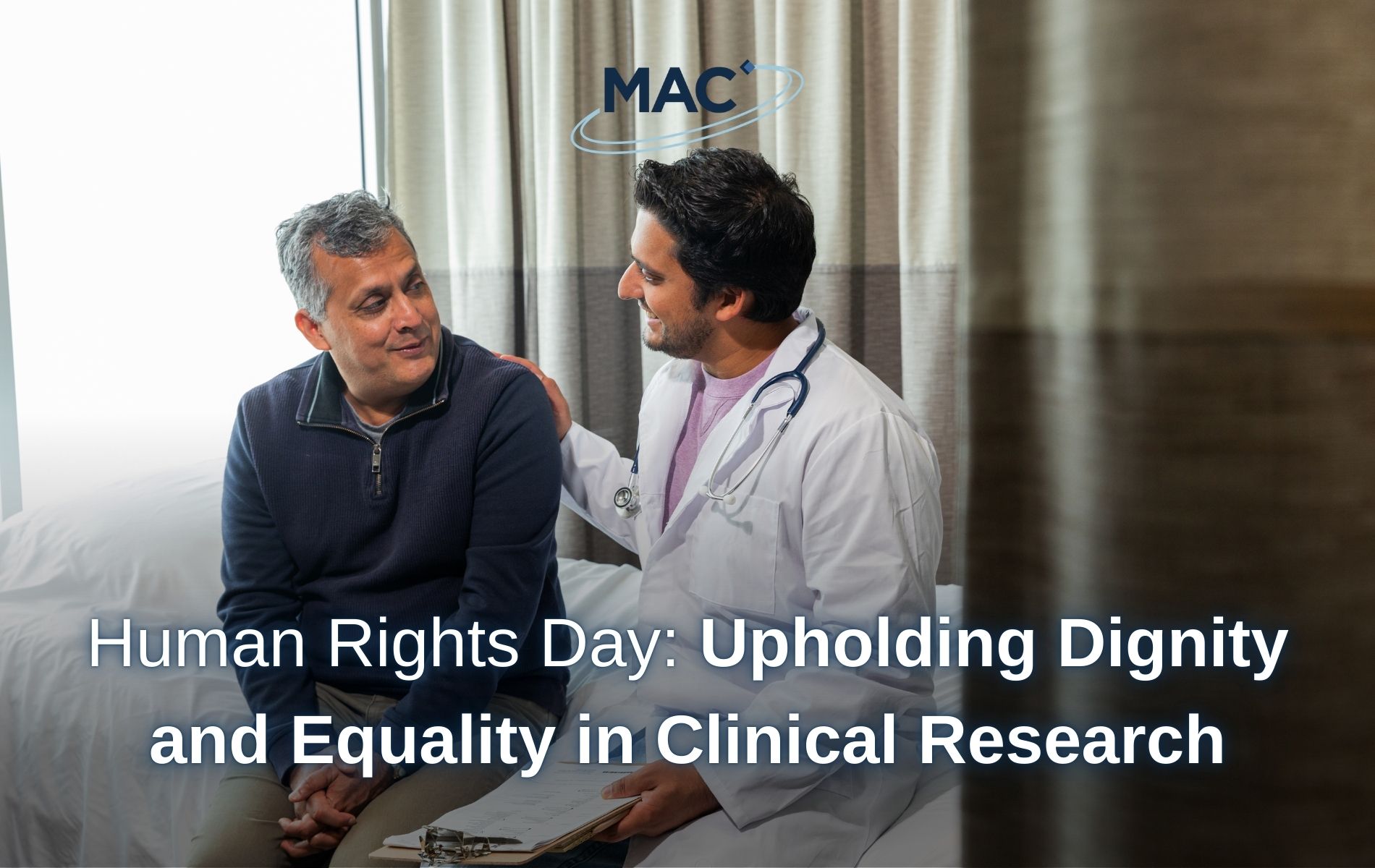
Every year on Human Rights Day, we reflect on the principles enshrined in the Universal Declaration of Human Rights (UDHR): dignity, equality, and protection for all. These values are not only foundational to society but also central to the way we conduct clinical research, here at MAC and across the clinical trials industry. At the […]
The Importance of Taking Women’s Health in the Workplace Seriously
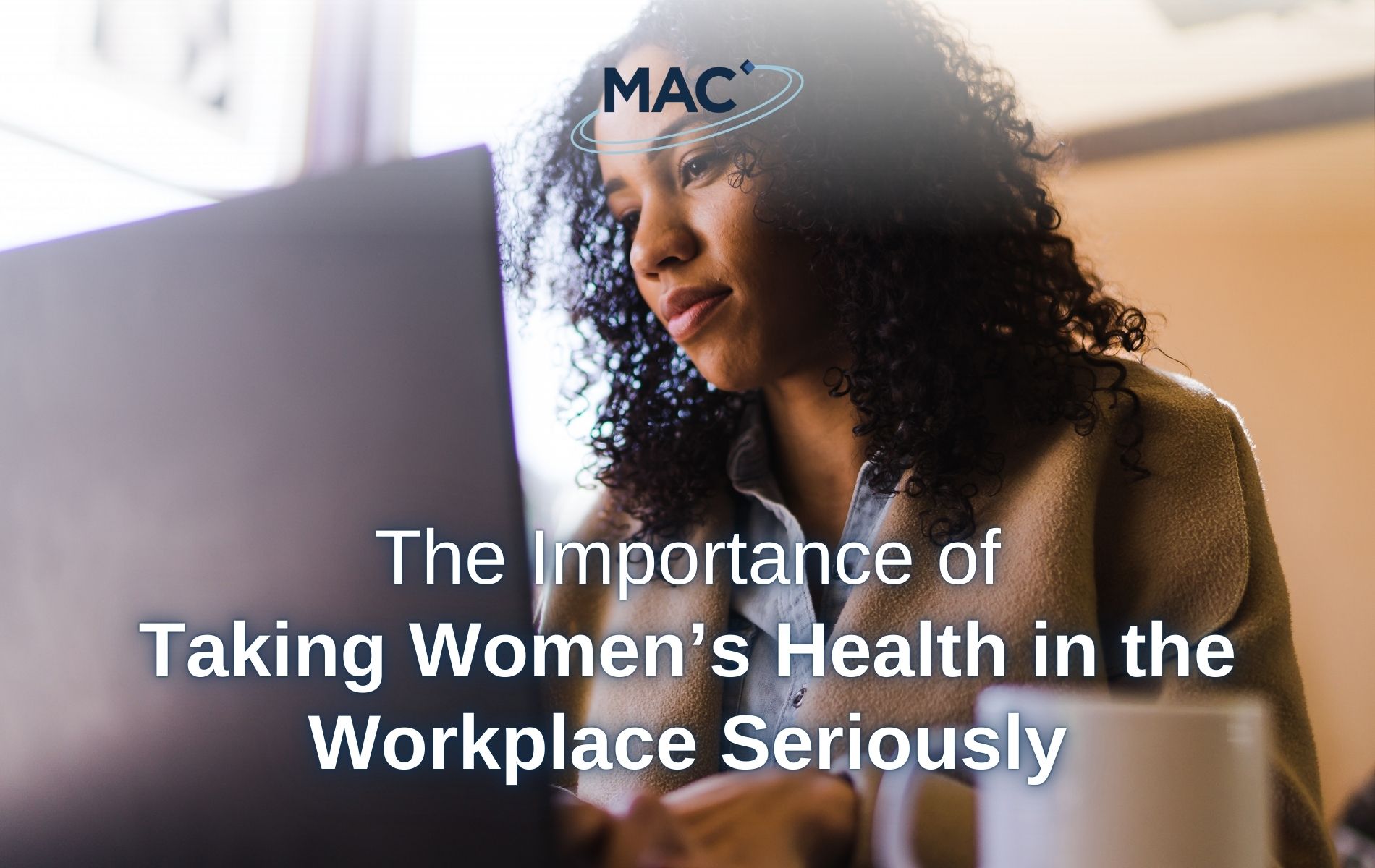
Research has highlighted that women’s health concerns are routinely ignored in the workplace; 32% of women believe their employer offers too little support for their health issues, and 34% of women with symptoms or a diagnosis of a women’s health condition say it has affected their ability to work.1 Having to change to part-time work, […]
